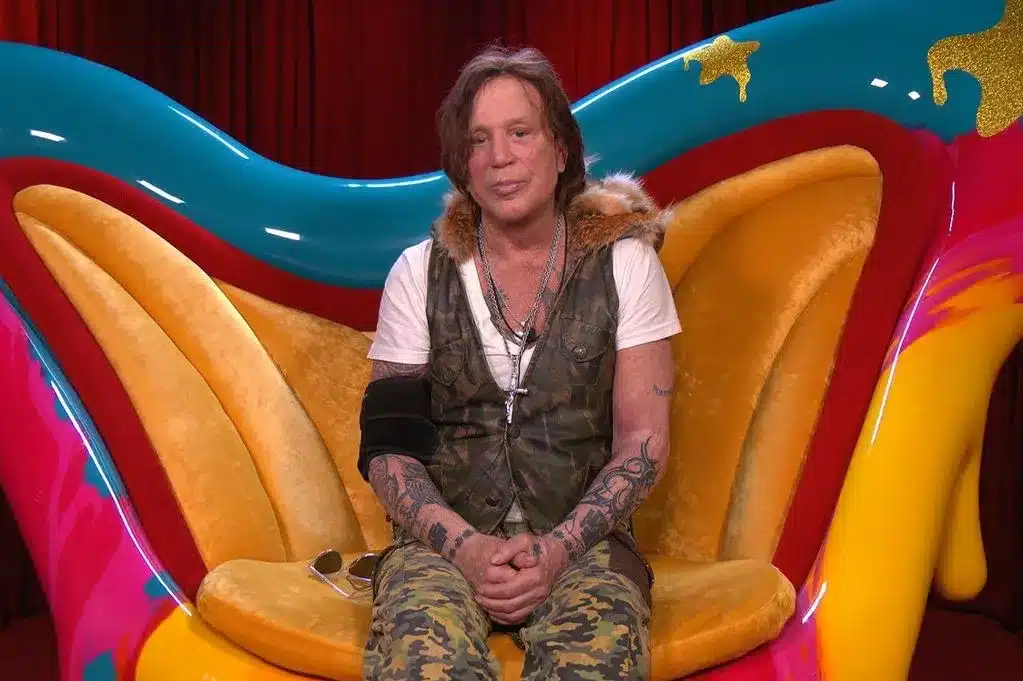Many large companies implement formal employee recognition programs designed to acknowledge outstanding performance, dedication, and contributions. These programs may include awards, certificates, or other tangible rewards.
Large companies often have programs that highlight exceptional employees on a monthly, quarterly, or yearly basis. These employees may receive special recognition, such as a plaque, gift, or bonus, and their achievements may be showcased in company communications.
Large companies may offer performance-based bonuses to employees who exceed expectations or achieve specific goals. These bonuses may be tied to individual performance, which you can gauge using a timesheet calculator, team performance, or company-wide achievements.
This article tells the incredible story of Best Buy and presents employee recognition statistics. In addition, it explains how large companies can give their employees the meaningful recognition they deserve.
Best Buy’s Critical Years: 2012 Could Have Been The End
Best Buy’s gross revenue was $45 billion back in 2011, and net revenue came to $1.2 billion in 2011. Two years earlier, the company had 170,000 employees and 3,889 stores. Then came 2012, when the retailer found itself in the red. Its stock dropped to $25, and the net revenue tanked, falling to -$1 billion. It could have been the end – after all, many retailers have gone under. Then, Hubert Joly became the new CEO in August 2012.
Layoffs seemed inevitable in this difficult time for the company. Joly talked to employees personally to better understand Best Buy and its culture. He asked direct questions: what approaches to work were effective, what different approaches employees would adopt, and how he could help. Joly focused on culture, engagement, and recognition, prioritizing them over the company’s perilous financial conditions.
His approach paid off. The retailer was one of the most successful turnarounds in the US’s modern corporate history. Joly was able to reduce costs by minimizing product damage risk and cutting non-wage-related expenses. For example, Best Buy sold TVs worth around $13 billion. A lot were broken because they were very tall and thin. Best Buy worked with store associates and suppliers to minimize the risk of breakage, saving $200 million per year.
How Does Best Buy Recognize Employees?
Best Buy has Employee of the Month and other traditional awards, and some more spontaneous and frequent ones as well. Each Saturday, store managers give employees gift cards as recognition. The retailer also involves employees in setting prices and choosing services and products to offer.
Employee Recognition Statistics
According to a 2023 survey by Nectar of 1,800 full-time employees in the US, 83.6% feel recognition impacts their work motivation. The most affected groups are people aged 35-44, those making from $75,000 to $100,000, and post-graduate earners.
75% of employees would be more productive if their employer praised them more frequently. This is the average percent. It’s higher for people aged 18-24 – 85%. 84% of employees earning more than $100,000 a year said they would work more effectively if praised often.
In terms of recognition and engagement, 82% of employees are more engaged when their contributions are recognized. The importance of engagement in the workplace can hardly be overstated. Engaged team members feel invested in company success. Their positive emotions affect their treatment of customers and coworkers.
Engagement As A Factor In Job Performance
80% of employees said company recognition impacted their engagement, and 71% agreed more frequent recognition would make them less likely to leave the company. 87% said meaningful recognition had an impact on workplace satisfaction levels.
49% of employees received recognition and feedback weekly or daily, but the rest got these far less often: monthly, quarterly, or even just once a year. This is a problem because the more time that passes between the event and the praise, the less effective the praise.
How To Recognize Employee Contributions Meaningfully
Recognition should be authentic, timely, personalized, public, and aligned with the company’s values and mission. The employee receiving recognition needs to feel their employer means what they say. The praise should come shortly after the employee’s impressive performance.















